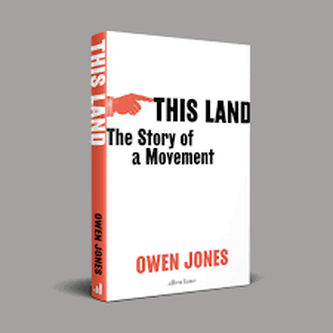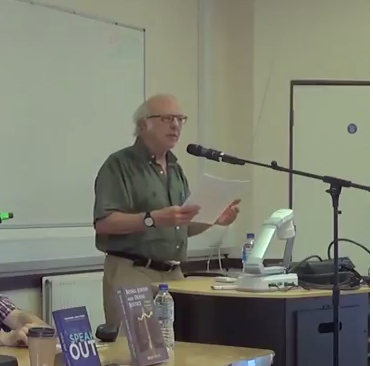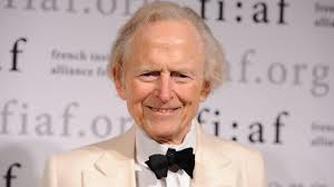Lebedev is all these things, of course. But his prominent role in British government has not been widely acknowledged. Nor has it been investigated to any significant degree by those who claim to speak truth to power.
Identifying truth was the purpose of Matt Western’s question to the prime minister back in March. He asked Boris Johnson about his attendance at a lavish party thrown by Evgeny Lebedev and the concerns reportedly expressed by MI6.
In the Commons, his question was answered (or rather not answered) with characteristic Johnsonian bluster. The real response came the following day when the Speaker received complaints about the question from both Johnson and Lebedev. Matt was called before the Speaker. Subsequently, he received a text from Lebedev.
Now you may think that this is a storm in a tea cup, or - as Johnson put it in a culinary illiterate metaphor - ‘not a crouton of substance in a minestrone of nonsense’.
In fact, it is neither. It is more serious than the party culture in Downing Street, the wallpaper stuff, the instinctive, gut-reaction untruths for which Johnson will be remembered. Nor is it merely cronyism and corruption.
It is about the security of the country.
When a psychologically disturbed man is being charged with treason for breaking into Buckingham palace, it is appropriate to consider the potentially treasonous activities of a more prominent psychologically disturbed man who happens to be prime minister but managed to evade his minders to make a solo visit to a castle in Italy.
For months, Johnson had refused to answer questions about the trip. But, eventually, in July this year, he ‘fessed up. Yes, he “probably” did attend the occasion. But “as far as I am aware, no government business was discussed”.
Did he he report the meeting to Foreign Office officials? “I think I did mention it, yes.”
So why the concerted complaints to the Speaker after Matt Western’s question?
He has “probably” got something to hide. But he hasn’t yet mentioned it. Yet.
Keep going, Matt.
Today from the everysmith vaults: Sollima LB Files - another great recommendation from Georgia Mann on Radio 3.















 RSS Feed
RSS Feed